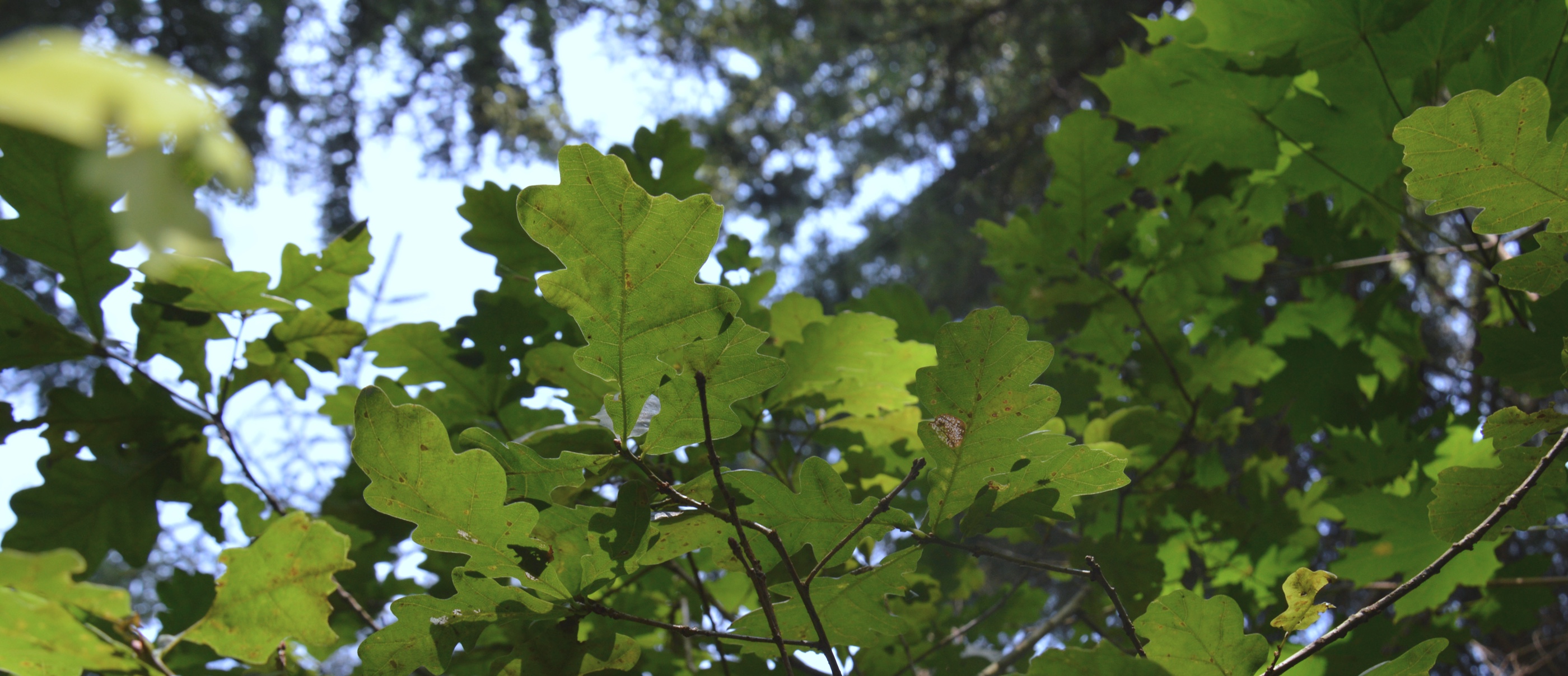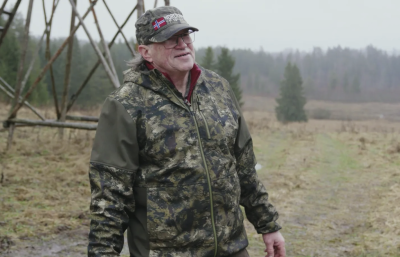The planned expansion of protected nature areas, including the strengthening of the Natura 2000 network, is considered a necessary step to safeguard habitats of European importance. In Latvia, 39 new nature reserves will be established, and four existing ones will be expanded. New sites protecting endangered plant species will appear across the country. However, landowners whose properties fall within these new protected areas may be significantly affected. One such person is forest owner Dzintars Laivenieks from the Tukums region.
According to a report by the Ministry of Environmental Protection and Regional Development (VARAM), Latvia still has one of the lowest proportions of protected areas among EU Member States. This highlights the need for additional measures to conserve and protect natural values. However, the question of how to balance environmental protection requirements with economic growth and property rights remains open and contentious.
The draft regulations propose expanding protected areas such as the Jaunanna Reserve in Alūksne, Mugurves Meadows, and the Sita and Pededze floodplains in Gulbene, as well as the Gaiļu Hill Reserve in Rēzekne.
New reserves are also planned in Aizkraukle (Bebrupe Meadows, Dambīši Meadows, Vesetnieki Meadows), Bauska (Zvirgzde Forests and Meadows), Cēsis (Kalna Cimbuļi Meadows), South Kurzeme (Strante and Vārtāja Meadows), Gulbene (Pilupes Meadows), Jēkabpils (Dienvidsusēja Valley, Dūņi Meadows, Elenengofas Meadows, and others), Krāslava (Plenčovi and Veterauci Meadows), Kuldīga (Āpe Lake Meadows, Bišu Meadows, Kroņrenda Meadows), Limbaži (Buiva Meadows), Līvāni (Oša and Sumanka River Meadows), Madona (Akasleja and Birztiņa Meadows, Iršupīte and Sumulda River Meadows), Rēzekne (Burzova and Puisāni Meadows), Smiltene (Grundzāle Meadows), Talsi (Dūmele Meadows), Tukums (Brizule Meadows, Jānēni Meadows, Maitiķi Springs and Meadows), Valka (Vasu Hill Meadows), and Ventspils (Bērzkalni Meadows, Rinda and Stende Valleys).
Public consultation took place from 20 November to 20 December 2024, but land and forest owners have expressed frustration with how the authorities communicated the process and how they found out about the consultation.
One of those affected is forest owner Dzintars Laivenieks from Tukums, who in 2013 received the “Golden Cone” (Zelta čiekurs) award for sustainable forest management. His properties are located in an area that could be significantly affected by the new environmental restrictions.
“The problem is that if it becomes a protected area, I can hardly even move around without permission from the Nature Conservation Agency, as there’s no road here,” says Laivenieks.
“Working in my forest is both my passion and livelihood. I’m also worried about how nature conservation is managed overall, and the way institutions communicate. I’m not on social media - so I often hear about things too late.”
The “Sēlijas Laivas” organization also objected to the proposed reserves in a late-2024 Facebook post, particularly the creation of the Dienvidsusēja Meadows Reserve (400 ha in Jēkabpils). They argued that such restrictions would hinder nature tourism development in Sēlija and create an imbalance between conservation and regional growth. Both Sēlijas Laivas and Laivenieks emphasize that poor institutional communication is the main issue.
VARAM revises the reserve boundaries
In February, Laivenieks received a letter from VARAM, stating that after evaluating the proposed protected area, the Ministry found that the forest habitat 9050 – Herb-rich spruce forests identified on his land lies outside the planned nature reserve, and that another such habitat recorded in 2018 had been clear-cut in 2021. Thus, only areas managed by Latvijas Valsts Meži (Latvia’s State Forests) will be included in the reserve. The Ministry also revised the boundary, excluding certain parts of his land.
As a result, forestry activities will not be restricted, and road access will remain unaffected.
The Ministry also noted that afforestation of EU-priority meadow habitats has long been prohibited under Cabinet Regulation No. 308 (2012), which means such restrictions are already in place. The adjusted draft regulation is now being forwarded for ministerial coordination.
The Nature Conservation Agency’s position
The Nature Conservation Agency explains that the area and quality of biologically valuable grasslands in Latvia are declining rapidly - they are currently the most endangered habitat group. A century ago, grasslands covered about one-third of Latvia’s territory; today, only 60,000 ha remain, less than 1% of the country.
The new reserves are being designated in areas with biologically rich grasslands - EU habitat type 6270 (Species-rich pastures and meadows)* - where these habitats still occur continuously.
In Laivenieks’s property, the “Nature Census” (Dabas skaitīšana) identified a species-rich pasture habitat, part of which has begun to overgrow. However, to qualify as a habitat, the area does not need to be grazed, as long as the species composition matches the habitat characteristics. Since the data are recent, no new field survey was deemed necessary.
DAP also clarified that all landowners affected by the new reserves received informational letters explaining the purpose, maps, and references. Around 400 landowners were contacted on 6 December 2024. Laivenieks himself called the agency on 5 December and later submitted a written inquiry on 11 December, to which both DAP and VARAM responded, clarifying the boundaries to ensure forestry would not be restricted.
Currently, VARAM continues to assess each case individually and refine the proposed reserve boundaries. In disputed cases, additional on-site inspections are carried out before the regulation proceeds further.
The view of the Latvian Forest Owners’ Association
The Chairman of the Latvian Forest Owners’ Association, Arnis Muižnieks, emphasizes that before expanding protected forests or imposing new restrictions, landowners must receive compensation that fully reflects the market value of their forest stands.
Muižnieks also highlights both the communication issues and the unfair compensation system:
“Forest owners are not against nature protection. But the current compensation system is absolutely unjust. This is, in our view, the main problem in conservation. If we want to establish new protected areas, we must first agree on a fair compensation mechanism - it’s as simple as that.”
He recalls the historic protest held on 5 March 2024 in front of the Cabinet of Ministers - the first time in Latvia’s history that forest owners gathered in Riga to protest.
“Forest owners are usually calm people. They’re used to watching trees grow, and trees don’t grow fast. But the problems had become so serious that they had no choice but to take action.”
Muižnieks concludes:
“This attitude towards people is not right. Nature protection goals can only be achieved if the person whose land contains these natural values is motivated to protect them.
If the owner has no incentive, there may unfortunately be cases where they try to eliminate those values because otherwise, restrictions are imposed without compensation, leaving them with no way out.”

